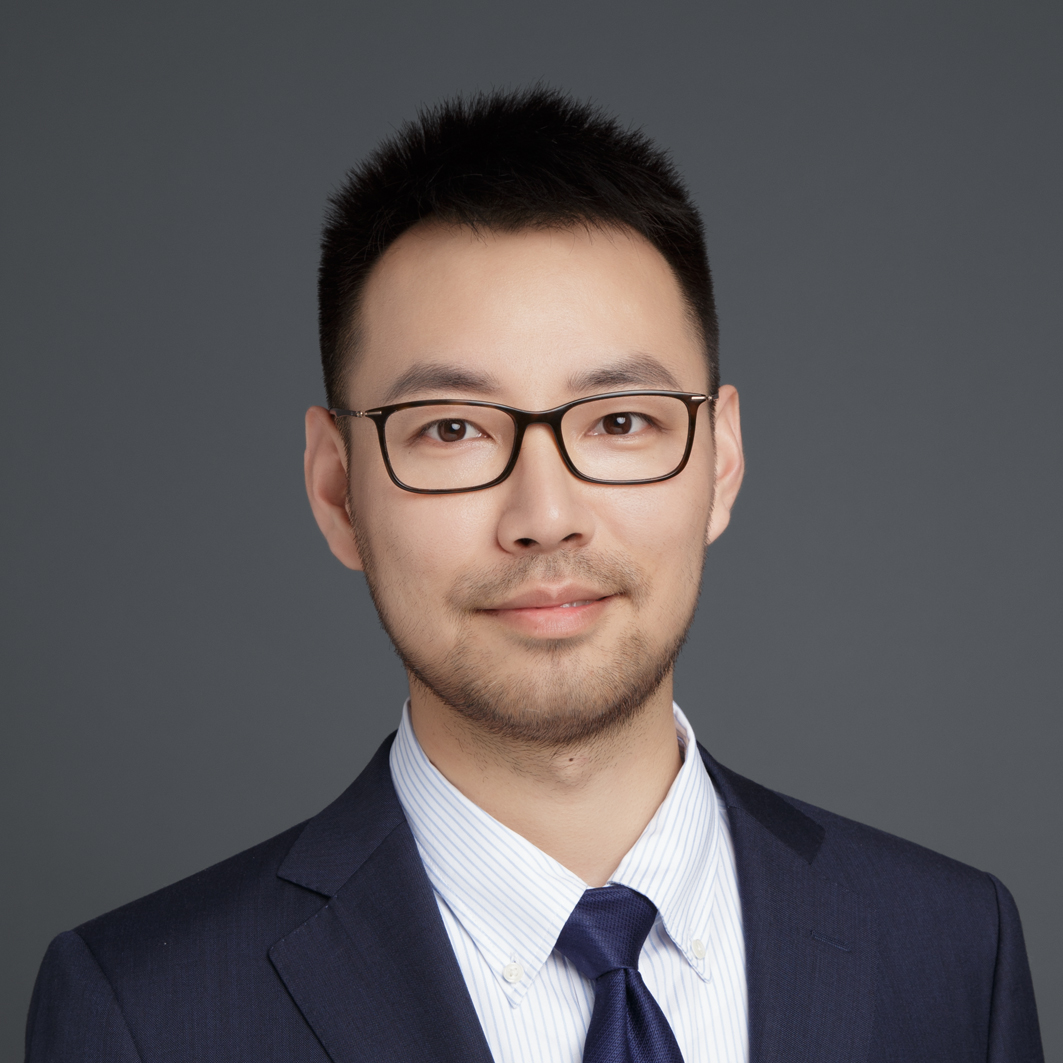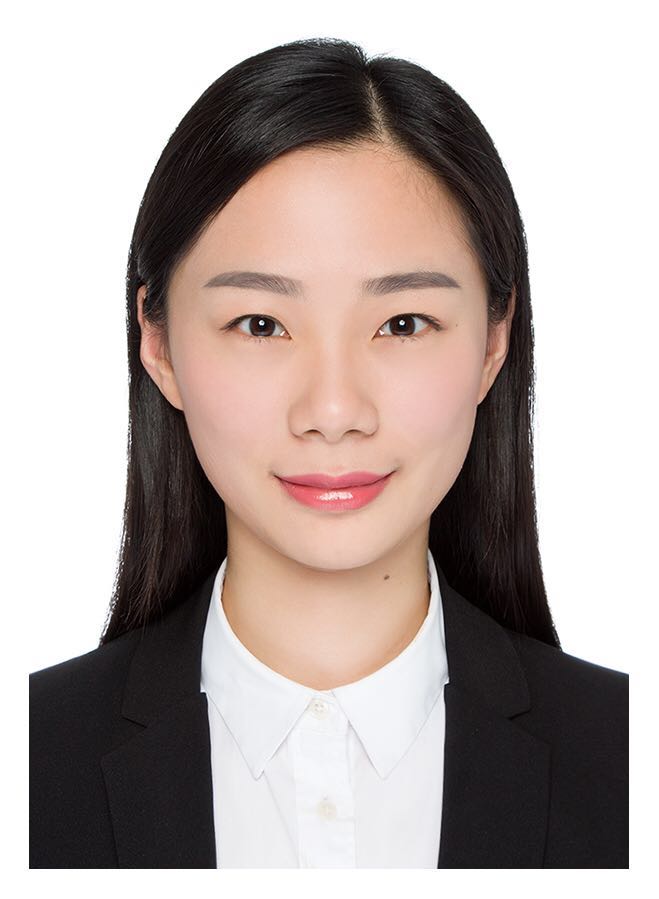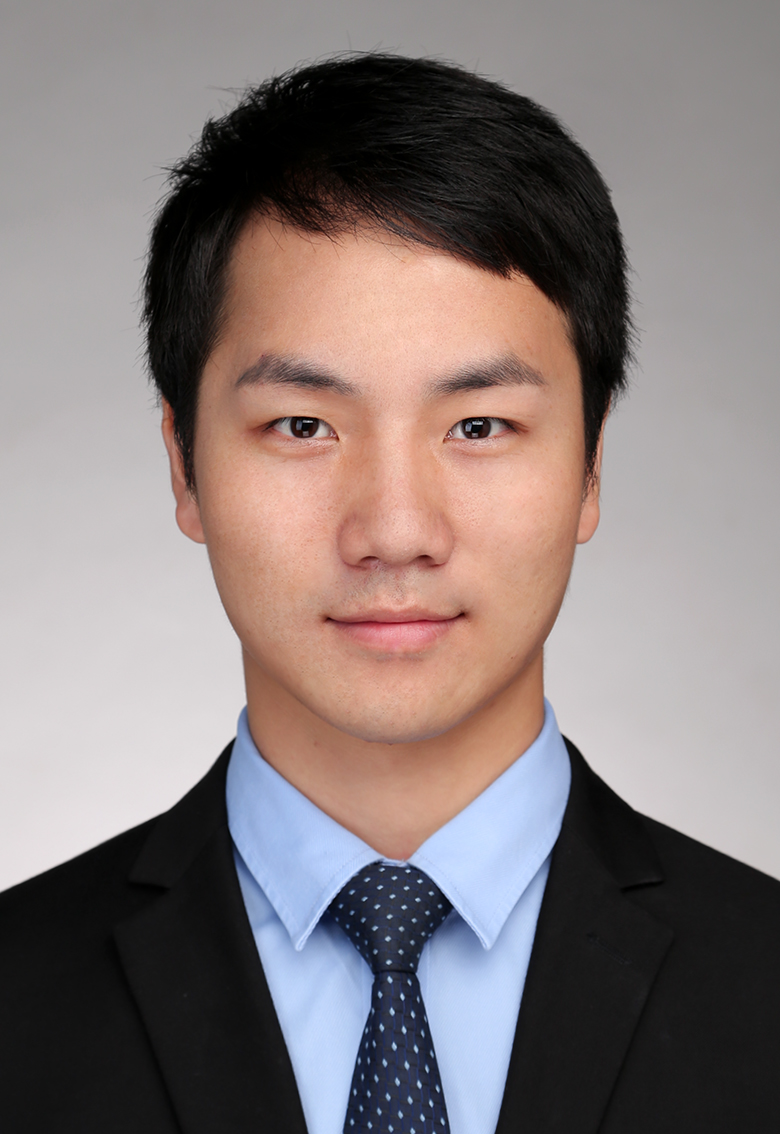Vokoun (LGO '05) shares story of Google's acquisition of Motorola Mobility
发布时间:2013-03-08 发布者:CLGO办公室
As the leader of strategic and integration planning for Google's 2012 acquisition of Motorola Mobility, Matt Vokoun, LGO '05, has played a key role in the Internet giant's move into the mobile space. In a recent web seminar for the LGO community, he provided an inside view of this milestone event, which he said demonstrated that "mobile interaction is the most fundamental strategic force" driving Google's strategy. Vokoun also described how his LGO training in management and chemical engineering helped position him for taking on such a crucial role.
A Wisconsin native, Vokoun graduated from the University of Wisconsin in chemical engineering and began his career in engineering and operations roles at 3M, i2 Technologies, and Model E (an Internet startup). He then graduated from the LGO program with master's degrees in engineering and management, which he said gave him "credibility in technical organizations" that's been essential to his career. After MIT, he spent four years at Bain & Co. in Palo Alto, where he consulted for high-tech and private equity clients in Silicon Valley.
When Vokoun first joined Google in 2009, he was involved in various strategy and operations projects ranging from devising growth strategies for Android and Google+ to supporting the Nexus One launch. While on paternity leave, he saw an announcement of Google's acquisition of Motorola Mobility and was struck by what an important move this was for Google and the industry. Vokoun's first assignment on returning to the company was to lead a clean team on the Motorola integration, eventually transferring to become Corporate Vice President of Motorola Mobility in charge of strategy and companion products, and general manager of the company's accessories business.
Leading up to the acquisition, Vokoun said, mobile usage of Google's key products including search, YouTube, Gmail, and Maps, had risen by more than 50 percent. At the same time, he noted, Motorola's storied history had entered a troubled phase; after massive successes with the StarTac and Razr devices, the company had fallen behind in the smartphone era.
For Google, the Motorola Mobility acquisition represented "a long-term bet on the importance of mobile hardware innovation to all parts of our business," and on the ability of that company's hardware expertise and IP portfolio to deliver on this strategy.
An enduring LGO connection
Vokoun's Google career has benefited from the strong LGO alumni network. In 2000, when he was an employee at i2, he had a friend in the LGO program who was doing an internship at Cisco reporting to Jim Miller, LGO '93. Vokoun spoke with Miller, who advised him on his LGO application and offered him a job after graduating from MIT. Although Vokoun couldn't work for Miller at that point, the two met for lunch regularly in successive years, and after Miller became Google's Vice President for Worldwide Operations, he advised Vokoun to join Google as well. When Vokoun was hired in 2009, one of his first assignments was to work with Miller to develop a lean strategy for the company's data infrastructure—a massive operation that Miller described in a 2011 LGO webinar.
As he looks ahead to his new role at Motorola Mobility, Vokoun shared with current LGO students and others in the audience some career lessons informed by his eventful past few years.
While LGO imparts amazing tools for career development, Vokoun said, "your education doesn't stop when you get your degrees," and you should consider every job as opening doors for future opportunities. For Vokoun, helping to steer the future collaboration of two great technology companies represents an ideal chance to keep learning and to apply his LGO training to the challenge of a new mobile frontier.


